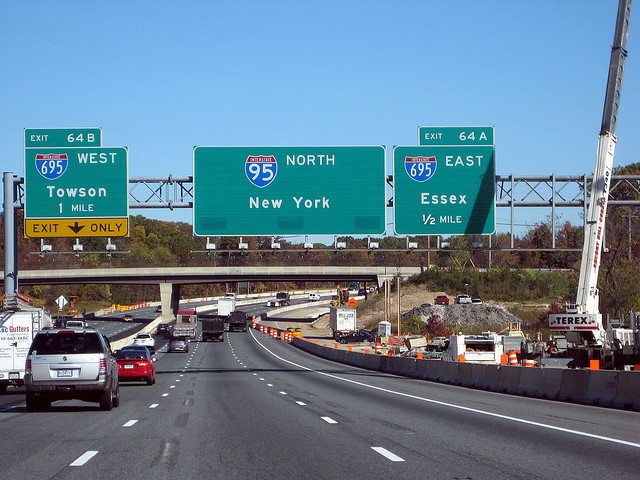This column runs in the January issue of The Business Monthly serving Howard and Anne Arundel counties.
Are we being set up for state tax increases to fund transportation?
That’s the question that came to mind after Maryland Transportation Secretary Paul Wiedefeld announced that the state would need to cut highway and transit projects by 8%, as well as state aid for county roads to compensate for a projected $3.3 billion deficit in the state Transportation Trust Fund in coming years. As expected, local officials and residents impacted by the cuts squealed.
One line in the six-year Consolidated Transportation Program lays out the problem. “Over the life of the CTP, MDOT’s revenues are expected to grow by one percent annually while operating costs are increasing seven percent per year.”
Any householder or manager can recognize the stark reality of the situation: Expenses are going up, income is going down. Solution: cut expenses or get more income.
Costs are up, revenues are down
The expense picture is pretty obvious. Inflation has raised construction costs dramatically everywhere, both for labor and for the raw materials that go into highways, bridges and transit vehicles. These are paid for mostly by the gasoline tax (24%), federal aid (20%) and vehicle titling taxes (19%), along with registration fees and tolls. Transit fares have never fully paid for those services.
While gas prices have spiked and Maryland’s fairly high gasoline tax is indexed to inflation, revenues have been down for the last four years because of good news for the environment. Cars and trucks have been getting better mileage, and the number of electric vehicles and hybrids has been rising. Maryland’s 70,000 all-electric vehicles put the same wear and tear on the roadways but generate no gas tax revenue. Hybrids tend to be heavier due to their batteries but pay far less gas-tax revenues than similar sized vehicles.
“Everybody wants no taxes, but they want good roads too,” said Guzzone. “We have to come up with the balance.”
Guzzone is on the commission, as is Howard County Executive Calvin Ball, 2023 president of the Maryland Association of Counties, along with 28 other officials and representatives of business, unions and environmental groups.
Raise fees for EVs, tolls
The commission’s recommendations came out Dec. 13. Number 1, “The Maryland General Assembly should authorize the Motor Vehicle Administration (MVA) to collect an additional registration fee for electric and/or hybrid vehicles.” The commentary on this recommendation suggests a fee as high as $200, noting that 33 states have passed such an extra charge (an average of $128 per vehicle) and yet have seen no reduction in demand for EVs. The $200 fee (half that for hybrids) was seen as an average of what similar gas-powered vehicles would pay in gasoline taxes.
The MDTA is an independent agency run by an appointed board that manages Maryland’s toll bridges, tunnels and highways, and uses those revenues to pay for construction and maintenance. Gov. Larry Hogan appointed a board eight years ago that accommodated his desire to lower tolls. It was one of the few ways the Republican governor could deliver promised cuts in taxes and fees that a Democrat-dominated legislature couldn’t abide.
Republicans often claim it is easy for “liberal Democrats” at the State House to pass tax increases. Actually it is often quite hard. It took years of pressure and pleading from the late Senate President Mike Miller for the legislature to raise the gas tax 10 years ago. Because it was hard to do, the lawmakers added an inflation adjustment. This has automatically raised gas taxes here to 47 cents per gallon.




As an EV driver, I have no problem paying my fair share into the Transportation Trust Fund (remember that the gas tax makes up 24% of the TTF, thus EV’s don’t affect the remaining 76%). The best way would be a mileage-based user fee, where cars paid per mile driven. Other states already have such fees, and are also protecting privacy. To match gas cars, it would be around one cent/mile. A flat fee would stick it to low-mile drivers. Should someone driving 50 miles a week pay the same as someone driving 500 a week? Gas cars don’t pay flat fees, neither should I. Charge me for what I drive. The more I drive the more I pay, the less I drive the less I pay. It’s only fair.